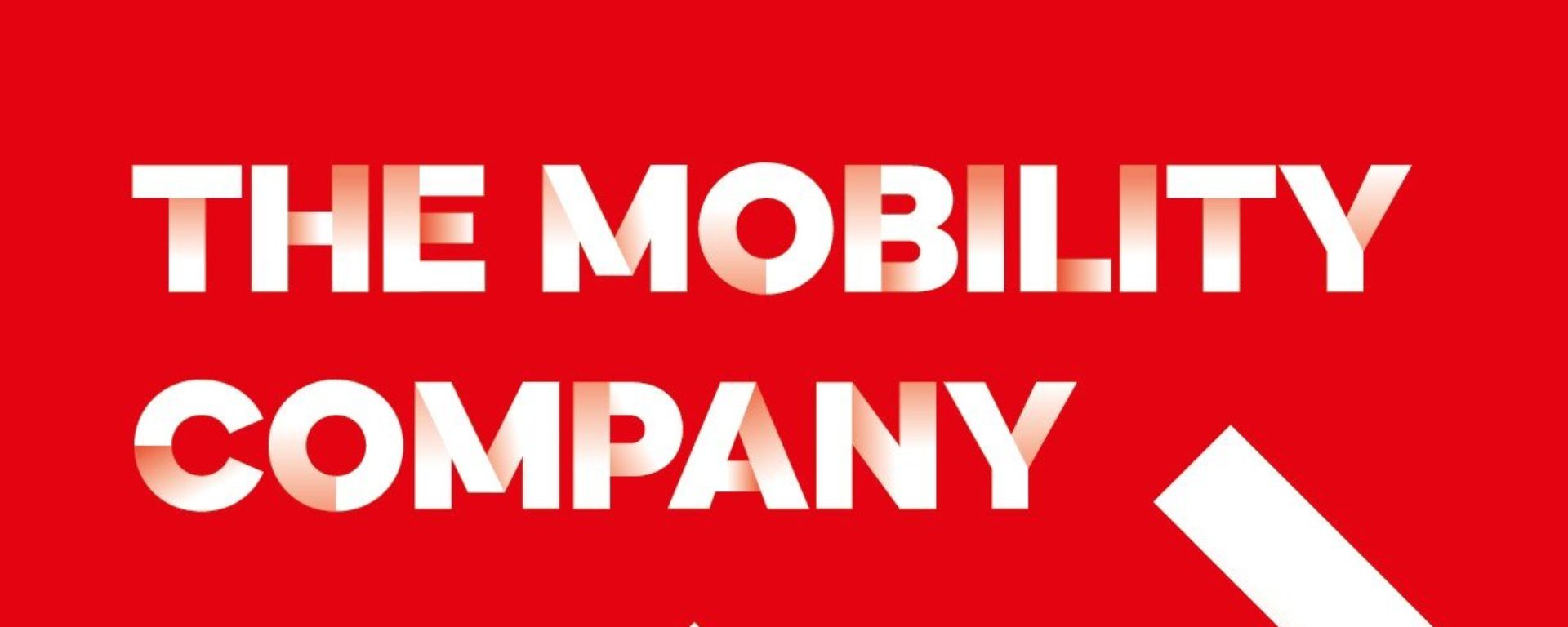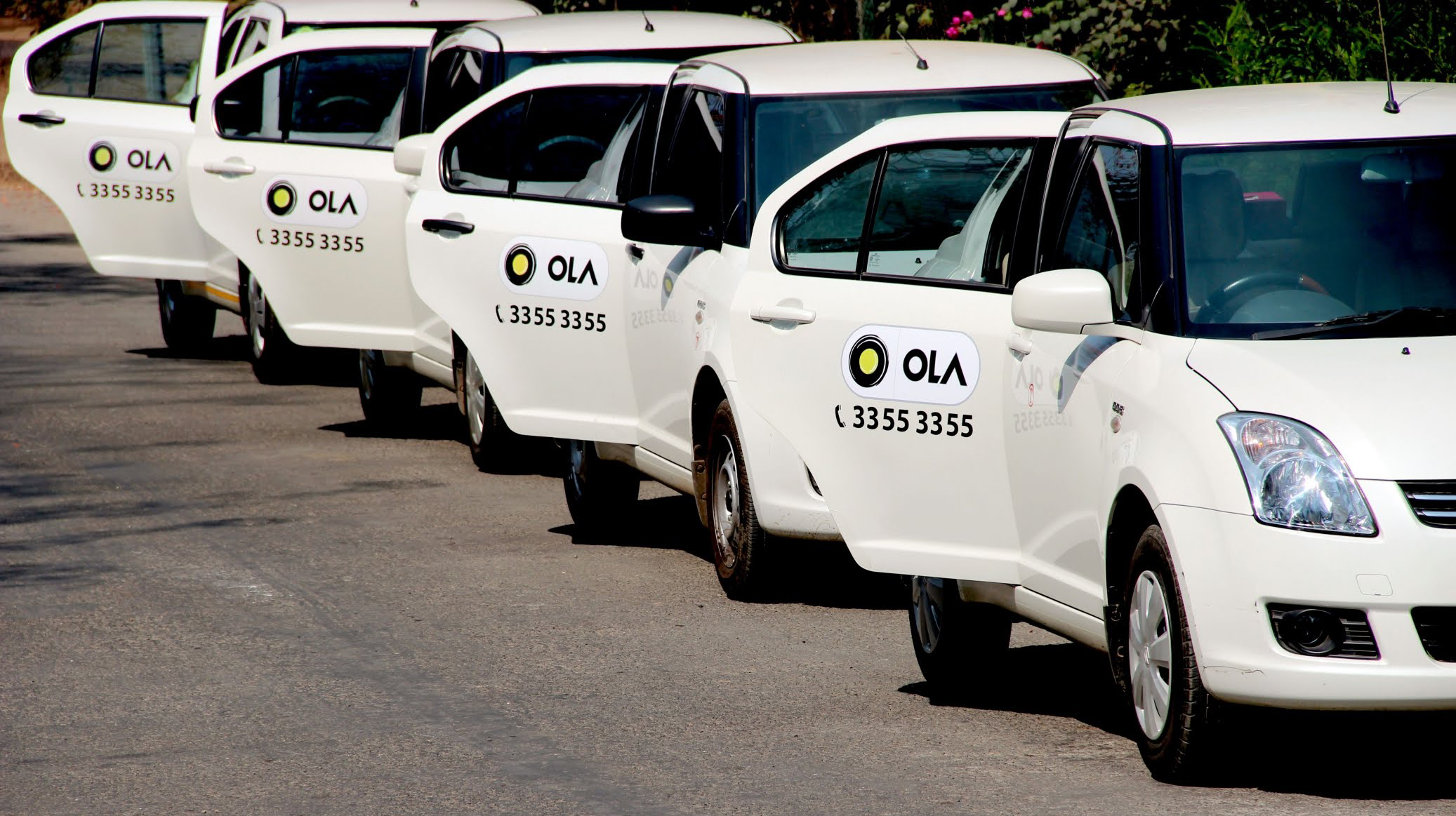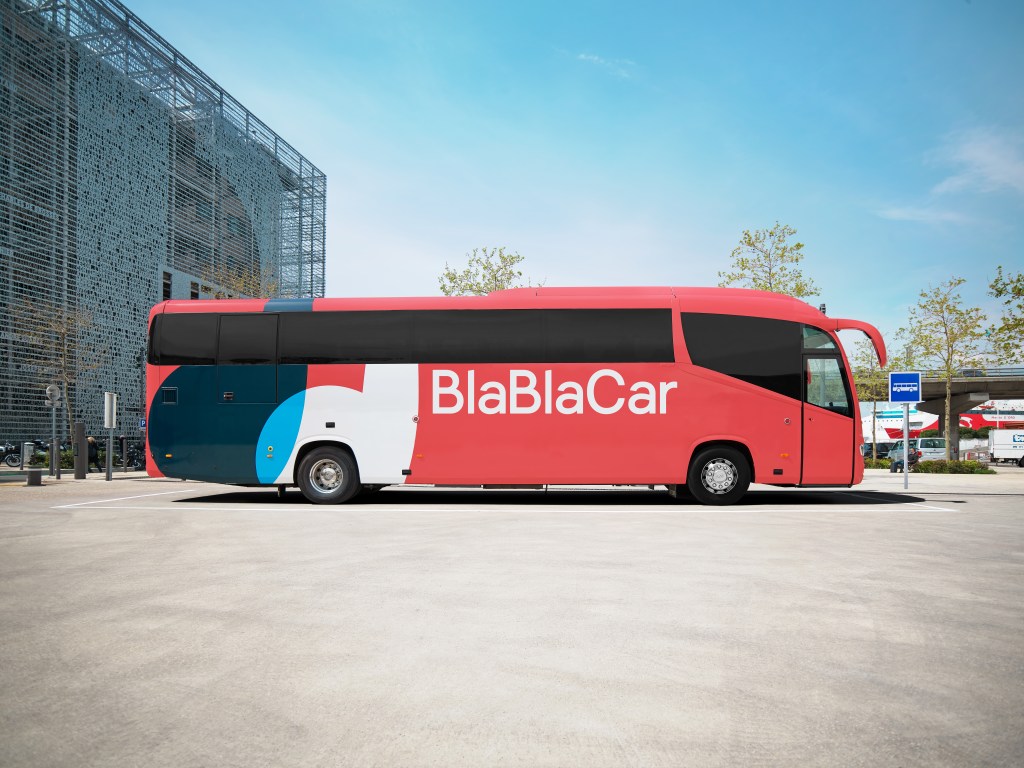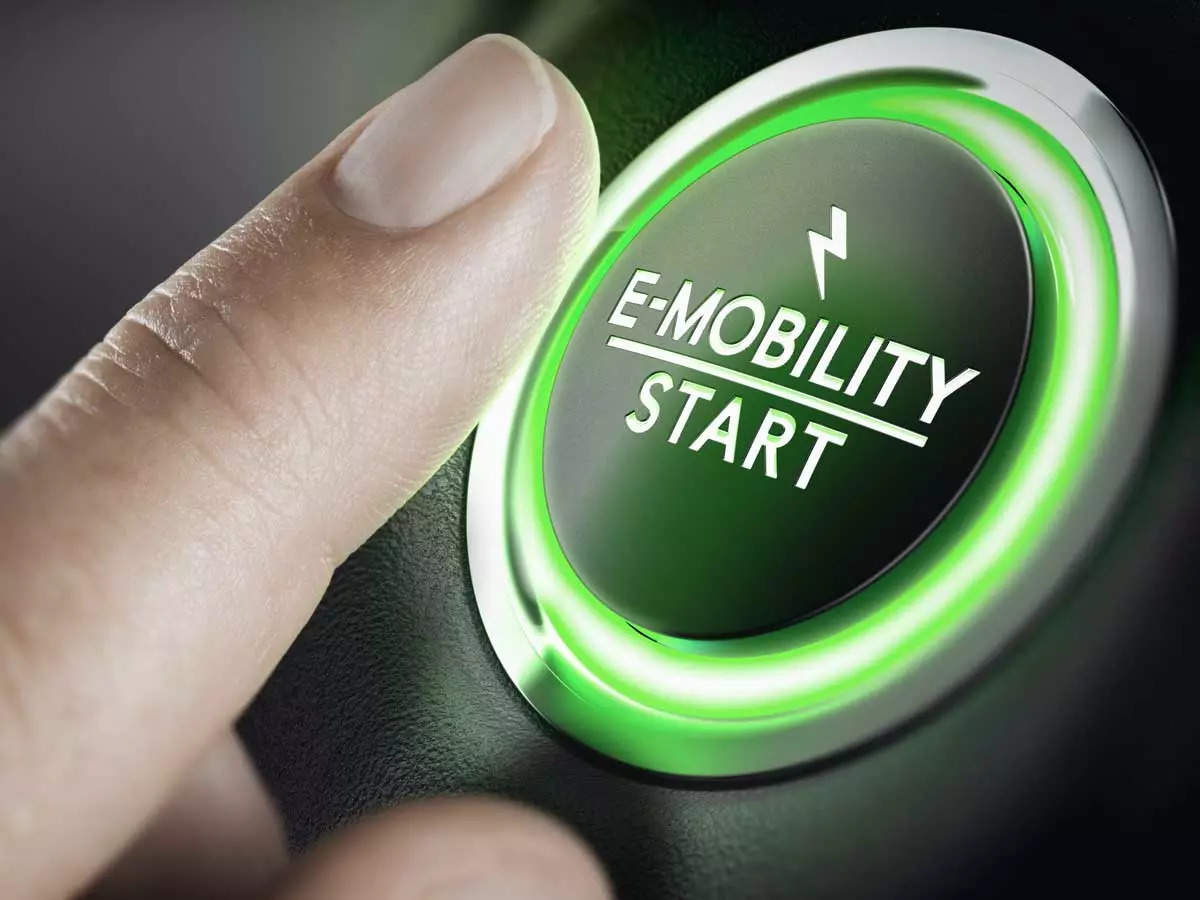Top 10 Best Mobility Companies in India 2023

Top 10 Best Mobility Companies in India 2023
Mobility is a user-centric notion that acknowledges the need for transportation goods and services to be receptive to consumer demands, habits, and preferences in mobility companies. The rise of cruise, car-sharing, and subscription services, in other new mobility technology trends, are altering how individuals use, value, and relate to their automobiles.

Through the exploration of new marketing strategies that do not inevitably require the user having owned a vehicle and experience all the drawbacks that go along with it, these innovative mobility services are helping to shift preferences away from car ownership and towards “vehicle users,” which is a shift in priority.
People’s consumption patterns are already undergoing a major cultural change away from the ownership model and toward the access model. Users’ services have become widely accepted thanks to businesses like Spotify, an audio streaming service, and Rent the Runway, an online site that lets customers rent luxury clothing and accessories. People are now paying for temporary access to products they used to purchase outright.
Due to the reason that consumers occasionally pay extra to access things, this shift is not merely about individual economics or lowering the cost of ownership. It involves redefining what it is to “own” something and deciding whether having access to something long-term is more desirable than having it permanently. One might contend that ownership equals an entry. Consumer expectations for access are infiltrating the car business, and dealerships can take advantage of this.

Mobility services are a small but major shift in how people travel. Unquestionably, new mobility solutions serve as a catalyst for creativity in the automotive sector, encouraging manufacturers to innovate by creating their mobility solutions and experimenting with new marketing strategies and revenue streams.
The opportunity to adapt and hold onto their position in the market as a wholly integrated transportation service is also being created by this gradual transformation for auto dealers. But how does that appear?
It might entail getting more use out of your fleet of loaners and maximizing the value of vehicles that are coming off lease. In addition to conventional selling, leasing, and maintaining new and used automobiles, car subscription services range from important to complex.

In order to diversify their income streams and satisfy the increasing demand from customers for ease and flexibility in transportation, astute dealers are looking into mobility solutions. The Mobility Waves are also spreading into smaller towns and cities.
The development of new mobility solutions has majorly impacted how society and individuals perceive, anticipate, and organize transportation. It also has had an impact on how the vehicle is financed. This transformation has already started.
Additionally, it’s not just in populated, metropolitan coastal locations. Renowned ride-hailing services are expanding into cities and even country regions. Although ride-hailing services are now less common in rural areas, they nonetheless mark a significant step in America’s transition from being a culture dependent on cars.

Currently, having enough cell coverage is one of the major obstacles for residents of remote locations, but this won’t be the case. Reaching smaller villages may be impacted majorly by the development of mobile and broadband technology. Other ride-hailing services that are conducive to rural areas have developed to fill the gaps. Therefore, if merchants outside the city limits believe that mobility services won’t impact their future business, they should reconsider.
In many ways, the shared mobility movement is beneficial. It is needed to control pollution, and this trend of sharing can help us in many aspects. Many Indian corporations have made investments in sharing vehicles because the market for them expands. The top 10 mobility firms in India are listed here.
1. Ola Cabs
 Under the top 10 list for shared mobility, Ola appears first. It has a lot of cars and has recently expanded its offerings to include auto-rickshaws, bikes, etc. One of India’s leading providers of shared transportation, Ola offers mobility services by matching passengers with drivers and various vehicles, including bicycles, auto-rickshaws, dispensing taxis, and cabs. This provides convenience and openness for millions of customers and more than 1.5 million driver partners.
Under the top 10 list for shared mobility, Ola appears first. It has a lot of cars and has recently expanded its offerings to include auto-rickshaws, bikes, etc. One of India’s leading providers of shared transportation, Ola offers mobility services by matching passengers with drivers and various vehicles, including bicycles, auto-rickshaws, dispensing taxis, and cabs. This provides convenience and openness for millions of customers and more than 1.5 million driver partners.
Several venture capitalists, including Softbank, own the business. In January 2018, it entered its first foreign market, Australia, and in September 2018, it debuted in New Zealand. In March of this year, Ola began operations in the United Kingdom.
In addition to having a fleet of cars, it is growing its service offerings to include auto-rickshaws, bicycles, and other forms of transportation. With over 1.5 million driver partners, Ola, one of India’s most well-known shared mobility companies, connects passengers with drivers and a variety of vehicles, like motorcycles, auto-rickshaws, metering system taxis, and cabs, providing convenience and openness for hundreds of millions of clients.
With a variety of transportation options and well-protected transportation, the Ola app is the easiest and safest way to get around. With more than 3 million vehicles operating in more than 100 cities, including Bangalore, Hyderabad, Delhi, Mumbai, Hyderabad, Calcutta, and Pune, Ola is the most widely used ride-hailing service in India.
2. Uber

Uber is a global brand and one of India’s five best ride-sharing companies.. The automotive industry is very appreciative of its products and services. Even though the business is situated in San Francisco, it has garnered international attention. It provides ride-hailing, food delivery (via Postmates and Uber Eats), package delivery, courier services, freight transportation, the rental of electric bicycles and motorized scooters thanks to a relationship with Lime, and ferry service in cooperation with regional operators.
In the 2nd period of 2021, there were 101 million active users on the platform per month. In the US, Uber holds a 68% customer base in ride-sharing and a 26% customer base in food delivery. Uber has gained so much notoriety in collaborative consumption that the term “Uber for X” has been invented to describe the commercialization of service industries through operating systems.
Like other similar businesses, Uber has come under fire for employing its drivers like gig workers and contract workers, interrupting the operations of taxicabs, and causing more traffic. The company has received criticism for a number of behaviors and for disregarding local laws.
3. BlaBlaCar

The French internet marketplace for carpooling is called BlaBlaCar. It connects drivers and passengers who are prepared to travel together in cities and split the cost of the trip through its website and smartphone apps. The business acts as a broker and earns a commission from each booking; it does not have any vehicles. The company has established itself because it is one of India’s leading providers of shared mobility.
Among the 22 countries that use the platform are Belgium, Brasil, Croatia, Czech Republic, French, Germany, Budapest, India, Italia, Luxembourg, Mexico, The Dutch, Poland, Portuguese, Romania, Russia, Serbia, Slovak, Spain, Switzerland, Ukraine, and the United Kingdom.
The name of the service is derived from a grading system for drivers’ preferred level of talkativeness in the car: “Bla” for those who don’t talk much, “BlaBla” for talkers, and “BlaBlaBla” for those who can’t shut up.
4. BluSmart Mobility
BluSmart is an environmentally friendly enterprise in addition to providing shared transportation. It is referred to as the nation’s first shared all-electric innovative mobility network for adequate, economical, intelligent, and sustainable transportation. The business has earned a reputation as one of India’s top providers of shared transportation.
BluSmart is a platform and the first and most extensive zero-emission ride-hailing service in India that aims to make mobility in the future more creative, secure, clean, and sustainable. When it comes to mobility, BluSmart is reinventing it to offer: (zero ride denials, zero surge pricing, high-quality services, the highest safety, and sanitization)
- enhancing the standard of living of the driver partners (flexible work hours, higher earnings, and no stress of asset ownership)
- Improving air quality in India’s megacities (full stack zero-emissions ride-hailing service)
5. Meru Mobility

We’ve been hearing the name Meru for a very long time. The idea of “tech-enabled ride-hailing” was invented in India by Meru. And after serving thousands of clients for more than 20 years, it is regarded as the most dependable taxi company in the nation. With an extensive fleet of well-maintained vehicles outfitted with the newest technologies for a pleasant and safe ride-hailing experience, Meru connects customers across 24 Indian cities. One of the best-shared mobility providers in India is Meru.
It provides app-based transportation services to individuals and businesses in 24 locations across India, including, in other things, city trips, city rents, airport transfers, and international air journeys. Mr. Neeraj Gupta founded the V-Link Group in the year 2000.
V-Link Fleet Solutions was founded as a staff trucking industry, but as it expanded, it began to serve clients in the BPO sector. Over a four-year period, V-Link grew to a fleet of 1300 cars.
To replace the old black-yellow cabs, the Maharashtra government issued a tender in August 2006 for the operation of a fleet of 10,000 cars in Mumbai (Kaali-peeli taxis). India Value Fund (IVF), a venture capitalist firm, and V-Link collaborated to build Meru during this period. To offer AC cabs with electronic meters and GPS/GPRS systems cabs via a mobile booking system in first place in India, Meru was founded in Mumbai with a startup investment of INR 500 million.
The top four cities in India were rapidly served by Meru, which by 2010 had a fleet of 5000 taxis.
The majority of India’s metropolises, Tier-2 and Tier-3 cities, notably Mumbai, Delhi, Hyderabad, Bengaluru, Jaipur, Gandhinagar, Chennai, Vadodara, Surat, Mumbai, and Kolkata, are served by its fleet of 9000 taxis as of 2015.
Meru has collaborated with India’s five largest airports to serve as their official airport taxi service provider. By 2018, Meru’s service portfolio has grown to include city leases, outstations, and local and airport transportation. Meru and Mahindra Electric are working together to offer the vehicle in Hyderabad.
6. Zoomcar

In 2013, Zoomcar established the first mobility platform in India. With more than 7,000 automobiles on its platform and a presence in five countries, Zoomcar is one of the best in the car-sharing ecosystem.
Users can rent automobiles from Zoomcar for an hour, a day, a week, or a month. Zoomcar, which has its headquarters in Bangalore, employs approximately 300 individuals and operates in more than 50 Indian cities. The company’s enterprise SaaS-based mobility services offering, Zoomcar Mobility Services, which includes white-labeled subscription services and IoT-based driver behaviour monitoring systems, was introduced by Zoomcar in 2020. The business is ranked among the best-shared mobility providers in India.
American couple David Back and Greg Moran met at the University of Pennsylvania, where they both earned degrees in 2007. After graduating, Back attended Harvard Law School, and Moran continued working on energy finance programs. Both Moran and Back attended business school, Back at Cambridge University’s Judge Business School, and Moriarty at the University of Southern California.
Back and Moran quit their MBA program to start a car rental company in India. Back withdrew from the self-drive rental car company in May 2015, citing a need to move back to the US for personal reasons.
Zoom started using the JustShareIt system in Bangalore, India, in February 2013. With a $215,000 expenditure and a fleet of seven vehicles, Zoom got its start.
7. Yulu

A technology-driven platform for urban mobility called Yulu makes it possible to combine public and private modes of transportation seamlessly. It was founded in 2017 and had its headquarters in Bengaluru, India. With 2.5 million customers in Bengaluru, Delhi, Gurgaon, Mumbai, Pune, and Bhubaneswar, Yulu has 18,000 unattended vehicles. You had received $19.9 million in investments as of February 2021.
Yulu was founded in 2017 by Amit Gupta, RK Misra, Hemant Gupta, and Naveen Dachuri.
In January 2018, the company opened offices in Bangalore and Pune. Before the end of the year, Mumbai and Bhubaneswar followed. They expanded to include Ahmedabad in March 2020 and New Delhi in September 2019, covering six significant cities in three years.
Yulu unveiled its 2,000 electric car Miracle fleet in January 2019, backed by an Internet of Things (IoT) recharging box that enables a network for cheap battery swapping. In November 2019, Yulu improved the Miracle by including a bag carrier, dampers, and a better seat. In April 2020, Yulu will deliver 8,000 additional Miracle electric vehicles with updated features. To ensure optimal safety following the coronavirus epidemic in April 2020, Yulu added a “Last-sanitized” timestamp to their app. You expanded its app to offer 24/7 chat support to improve customer service in June 2020.
8. Rapido

Rapido is an Indian logistics service and bike taxi aggregator with headquarters in Bangalore. The company, established in 2015 and now present in over 75 places across the nation, has frequently encountered legal problems.
With two IIT alumni and alumni from PESU, Aravind Sanka, Pavan Guntupalli, and SR Rishikesh founded theKarrier in 2015. According to sources from September 2018, Rapido has over 15,000 enrolled riders, with a median of 30,000 rides every day. Among those who have participated in Rapido are Rajan Anandan, a former executive at Google India, and Pawan Munjal, the chairman of Hero MotoCorp.
In 2019, Rapido co-founder Aravind Sanka said that the business had created more than 500,000 jobs in India. In November 2019, the startup asserted to have one crore users who have registered.
After the COVID-19 epidemic broke out, Rapido expanded its logistical operations, providing hyperlocal delivery for neighbourhood shops and e-commerce giants. In 14 cities, Rapido began offering on-demand auto-rickshaw calling services in October 2020.
9. SmartE

Every day, tens of thousands of commuters use SmartE, India’s first and most excellent electric transportation service. To offer a first- and last-mile transit option that is environmentally friendly in metropolitan areas, SmartE was established in 2015. SmartE offers affordable, practical, and shareable all-electric transportation.
SmartE provides the most practical, open, and affordable short-distance travel options through cutting-edge technology and innovative mobile technology platform solutions.
Since its debut in October 2015, more than 30 million “zero-pollution” rides have been made available. India will have only electric vehicles by 2030, according to SmartE, a pioneer in the field of electric mobility services.
10. Ola Electric

India’s Ola Electric Motion is a producer of electric two-wheelers with headquarters in Bangalore. The company’s manufacturing facility is located in Krishnagiri, Tamil Nadu. By December 2021, it had a $2.7 billion market value.
ANI Technologies, the parent company of Ola Cabs, established Ola Electric as a wholly-owned company in 2017. In May 2017, Nagpur launched a trial initiative that included implementing charging stations throughout the city and purchasing electric cabs, e-buses, and e-rickshaws from OEM partners.
The company was founded to reduce Ola’s cab fleet’s emission and fuel reliance and shift to mass electric mobility. In December 2021, Ola Electric started shipping its S1 and S1 Pro versions to Bengaluru and Chennai, starting with 100 scooters.
The Advantages of Using Enterprise Mobility Solutions

Every corporation attempts to boost participation and rationalize processes since these goals are crucial for company expansion. Utilizing cutting-edge technological platforms, features, and functions through mobile apps, enterprise mobility has demonstrated its ability to support businesses in promoting corporate success. Having stated that, the following are six major advantages of using corporate mobility in your expanding business:
Effective Data Gathering
Any business model depends on data to foster customer retention and accelerate growth. Utilizing mobile applications like Devices Magic, Fulcrum, and Magpi, mobility solutions enable you to capture crucial data effectively through a variety of touchpoints. Additionally, it provides a framework for managing vast amounts of data and enhances consumer value. You can use this information to inform company decisions that are crucial for improving efficiency and production.

Lowers operating costs
The majority of firms spend a large portion of their money on maintaining their infrastructure. However, if workplace mobility is implemented, employees can work from home, significantly lowering infrastructure expenses. Enterprise mobility management encourages workspace cooperation by enabling mobile work conditions across various devices for employees who must physically visit the office.
Any business must prioritize data security in order to avoid losses and the risks that go along with it. Having trustworthy workplace mobility solutions and business-grade security systems will aid your company’s data security. You can incorporate secure communication tools created for authorized people using these, such as Identity and Eventually Established (IAM), Smartphone App Management (MAM), and Mobile Phone Management (MDM).
Better Interaction
When workers work together on a project, it is simpler to ensure superior outcomes and efficiency. Thanks to enterprise mobility management, your staff can collaborate continually and deliver work updates on time. Additionally, it allows data sharing between various mobile devices, which makes it easy for your team to collaborate even while they are out of the office.

Productivity Soars
Enterprise mobility offers the ideal setting for your workers to work remotely from any location. Additionally, they can communicate, access crucial company data whenever they need it, and make decisions on ongoing projects thanks to mobile applications. These tools let you communicate with your staff members wherever they may be and at any time. Therefore, it is essential for employees to boost overall productivity and support company growth.
Continuous Data Sharing
Although they might speed up data transport, third-party programs are frequently seen as unsafe and insecure. You occasionally risk losing personal and private information to third parties if you cannot manage how it is shared. Thanks to enterprise mobility, you may quickly and safely transfer the data with your staff and other parties.

Businesses may constantly grow their customer and enterprise spheres thanks to enterprise mobility. Additionally, it is an essential component of your company, particularly if you have staff working outside your office. We at Webhead are more knowledgeable about how corporate mobility may benefit your company. Get in touch with us so we can help you create a mobility strategy that will match your company’s demands!
edited and proofread by nikita sharma




